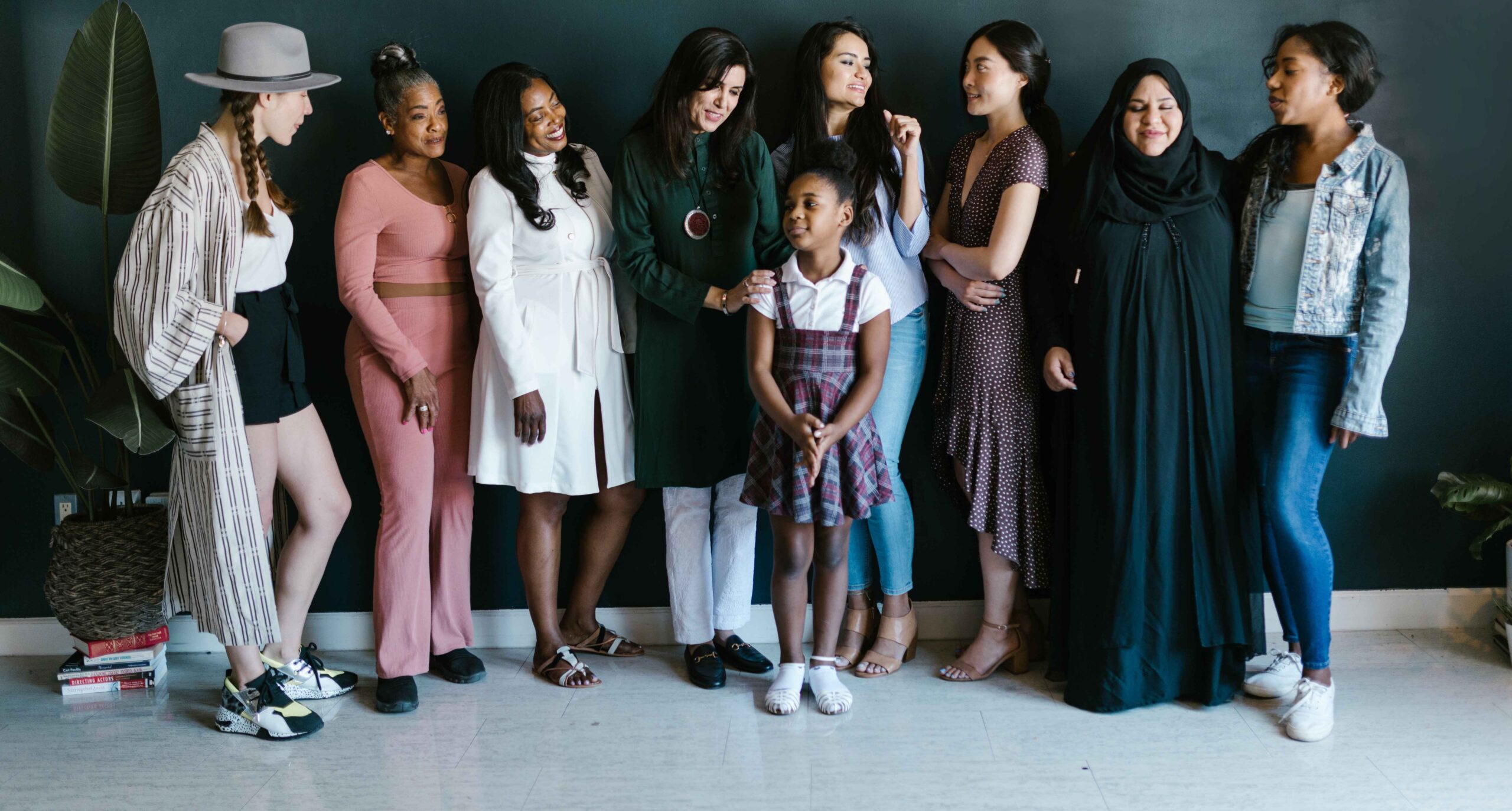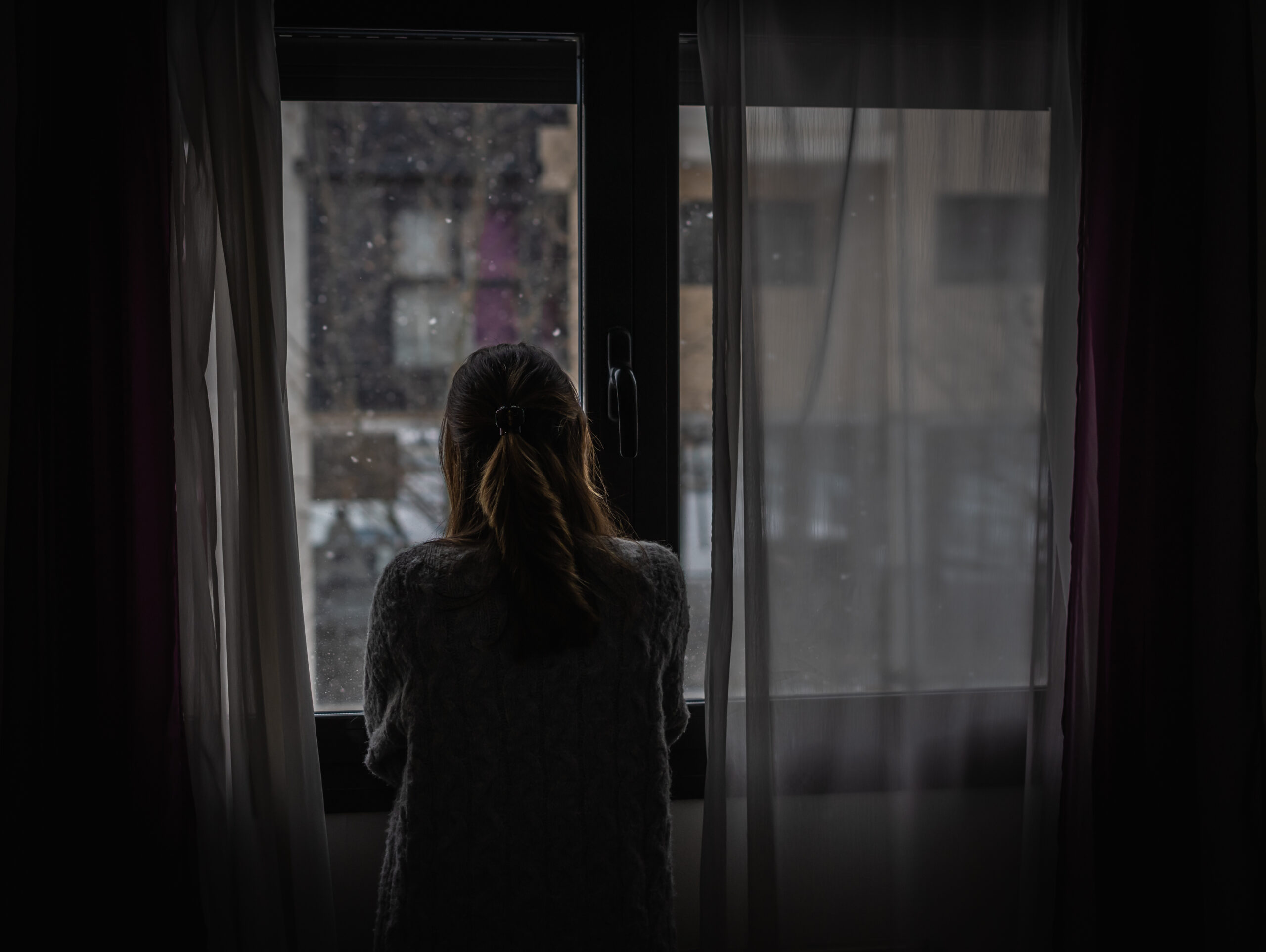“I moved to Canada one year ago. I didn’t know anyone and depended on him for everything housing, money, even my immigration status. He wouldn’t let me use birth control. When I tried, he threatened to cancel my PR application. He said I owed him a child because he brought me to Canada. When I refused to get pregnant, he stopped paying rent. I felt trapped. I had no money, no job, and no way out. He said it was love, but it felt like control.” Victim Story (shared with permission)
At the Canadian Centre for Women’s Empowerment (CCFWE), we hear stories like this far too often. But among Black,refugee and immigrant women, these stories carry an added layer of pain, fear, and systemic vulnerability.
In Canada, nearly 96% who experience intimate partner violence also face economic abuse. While national data on reproductive economic abuse remains limited, CCFWE’s “State of Economic Abuse in Canada” report highlights that financial threats related to pregnancy, birth control, and immigration status are alarmingly common particularly among immigrant and refugee women.”
What many experience is not just domestic violence. It’s a powerful and often invisible form of gender-based violence known as Reproductive Economic Abuse a violation that removes a woman’s ability to make choices about her own body, financial security, and immigration future.
What Is Reproductive Economic Abuse?
Reproductive economic abuse occurs when someone uses financial power, legal leverage, or immigration control to manipulate another person’s reproductive decisions. This includes forced pregnancies, sabotage of birth control, denial of abortion access, and using money or legal status as tools of coercion.
In refugee and immigrant communities, this abuse intersects with sponsorship dependency, language barriers, isolation, racism, and fear of deportation. We’ve supported survivors whose partners said:
- “If you take birth control, I’ll stop your sponsorship.”
- “If you leave me, you’ll be deported.”
- “You owe me children for bringing you to Canada.”
These threats aren’t just emotional they’re structural. The systems we rely on to protect survivors often fail to address these intersecting harms.
At CCFWE, we define Reproductive Economic Abuse as the strategic use of financial, legal, or immigration-related control to interfere with a person’s reproductive autonomy. It removes freedom of choice and creates cycles of dependency and vulnerability.
We identify three core categories:
1. Sabotaging Reproductive Choices
- Hiding or destroying contraceptives
- Coercing or forcing pregnancy
- Preventing access to reproductive healthcare
2. Withholding Financial Support for Reproductive Health
- Refusing to pay for reproductive care or child-related costs
- Making financial support conditional on reproductive decisions
- Threatening financial abandonment
3. Creating Dependency Through Childbearing
- Forcing multiple pregnancies to isolate and limit education or employment
- Controlling benefits, childcare decisions, and access to income
- Using unpaid caregiving roles as a tool of control
Why It’s an Economic Justice Issue
Reproductive Economic Abuse is not just about relationships it reflects a broader failure of economic and social systems.
Many Black,refugee and newcomer women in Canada face:
- Sponsorship laws that tie their immigration status to their abuser
- Lack of access to safe, affordable, and culturally sensitive reproductive care
- Language and legal barriers when trying to access justice or financial help
- Financial institutions that don’t recognize economic abuse
- Systemic racism and gendered economic inequality
These systems were not designed to protect survivors especially those with precarious immigration status, no income, or limited community support.
That’s why CCFWE centers economic justice in all of our work. True empowerment means having both the right and the means to make reproductive choices without fear of poverty, violence, or deportation.
CCFWE is building national awareness and survivor-led solutions to reproductive economic abuse by:
- Providing trauma-informed, culturally relevant support
- Offering financial literacy programs for survivors
- Partnering with frontline agencies and immigrant services
- Training service providers to identify and address economic abuse
- Advocating for policy change that protects reproductive and economic freedom
If you’re a survivor of reproductive economic abuse you are not alone.
You have the right to make decisions about your body, your future, and your finances.
You deserve support, safety, and freedom.
As April is recognized as Black Maternal Health Month, we must expand the conversation beyond access to care and include the financial and systemic barriers that silence choice and control. Reproductive economic abuse is a form of violence that disproportionately affects Black, immigrant, and refugee women undermining their health, autonomy, and future. At CCFWE, we are committed to building a world where all women regardless of race, status, or incomecan make empowered reproductive choices free from financial coercion and control.
And if you are a policymaker or service provider: it’s time to recognize reproductive economic abuse as a systemic issue.
Together, we can build pathways to justice, healing, and empowerment.
Because no one should have to choose between their body and their survival.
Check out our Survivors’ Resource Hub: https://ccfwe.org/for-survivors/
By Meseret Haileyesus






